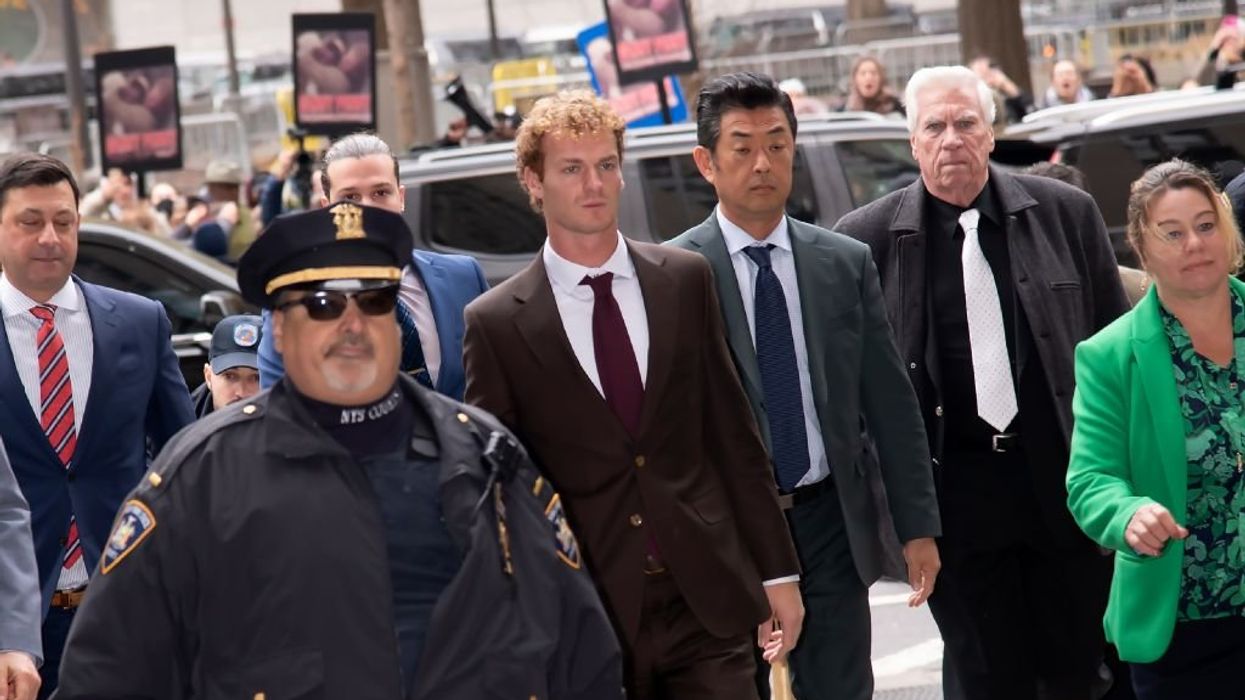
Photo by MEGA/GC Images

This case serves as a wake-up call for policymakers to confront the root causes of such tragedies: the mental health crisis, homelessness, and the erosion of public safety.
The acquittal of Daniel Penny on Monday in the subway death of Jordan Neely highlights that justice, grounded in facts and fairness, can withstand media distortion and mob outrage. This case was not merely about one man’s actions but about affirming the right to self-defense and preserving the integrity of the justice system.
Penny, a former Marine, intervened to protect subway passengers when Neely, described by witnesses as erratic and threatening, caused fear among those present. Penny’s intent was to de-escalate the situation, though tragically, Neely died. Rather than focusing on the evidence, activists and the media rushed to demonize Penny, casting him as an aggressor without supporting facts. However, the jury adhered to the facts. Witnesses testified that Neely’s behavior posed a threat and Penny’s actions were those of a responsible citizen seeking to protect others.
The verdict delivers a powerful message: Americans retain the right to defend themselves and others when lives are at risk.
This trial extended beyond Penny — it highlighted deeper societal tensions. Increasingly, high-profile cases are politicized, diverting justice to serve narratives rather than truth. Activists immediately labeled Penny’s actions as racially motivated despite the absence of supporting evidence. Prosecutors pursued charges many saw as driven by mob pressure instead of justice. Such cases undermine trust in the legal system, where evidence — not public sentiment — should determine guilt or innocence.
Beyond the courtroom, this case exposes a broader urban crisis in cities like New York. Major urban centers increasingly face disorder fueled by lenient crime policies and weak enforcement. Citizens are often compelled to intervene because authorities fail to ensure safety and order. Penny’s case underscores this grim reality: a private citizen acting to protect others when the system falls short. Should we penalize those who step up to ensure public safety in the absence of effective law enforcement?
The mob justice surrounding this case highlights how activists and media narratives can distort public perception. Groups like Black Lives Matter framed this incident as a racial issue and even resorted to threats of violence to pressure the courts. These tactics erode the principles of due process, fostering an environment where guilt is presumed before the facts are examined. Justice must remain impartial regardless of public outcry.
While Neely’s death is undeniably tragic, it underscores systemic failures that shaped his circumstances. A repeat offender with a long history of mental illness and homelessness, Neely was abandoned by the very systems meant to protect him. His family, absent during his struggles, now fuels a narrative of racial injustice rather than addressing the deeper issues behind his decline. This approach exploits tragedy for opportunism rather than seeking real solutions.
For Penny, the trial’s end brings relief — but at tremendous personal cost. Cast into the national spotlight, he became a symbol of the right to self-defense — a fundamental right that should never be in question. His hard-won acquittal represents a victory for those who prioritize fairness and evidence over mob-driven narratives.
This case serves as a wake-up call for policymakers to confront the root causes of such tragedies: the mental health crisis, homelessness, and the erosion of public safety. Cities like New York must enforce laws consistently and provide meaningful resources to those in need. Leaders have a responsibility to rebuild trust in institutions and ensure that citizens are not forced to shoulder the burden of public safety alone.
The verdict delivers a powerful message: Americans retain the right to defend themselves and others when lives are at risk. This principle transcends political divides and underscores the importance of justice rooted in facts, not ideology. Properly executed, justice upholds fundamental rights and offers hope for fairness in a polarized society.
Daniel Penny’s acquittal represents more than just his personal vindication. It stands as a victory for all Americans who value the rule of law, the right to self-defense, and the integrity of due process. Despite the challenges, Penny’s case reaffirms that the courtroom remains a place where truth and evidence prevail. At a time when the justice system is under scrutiny, that’s something worth celebrating.
Will Pierce